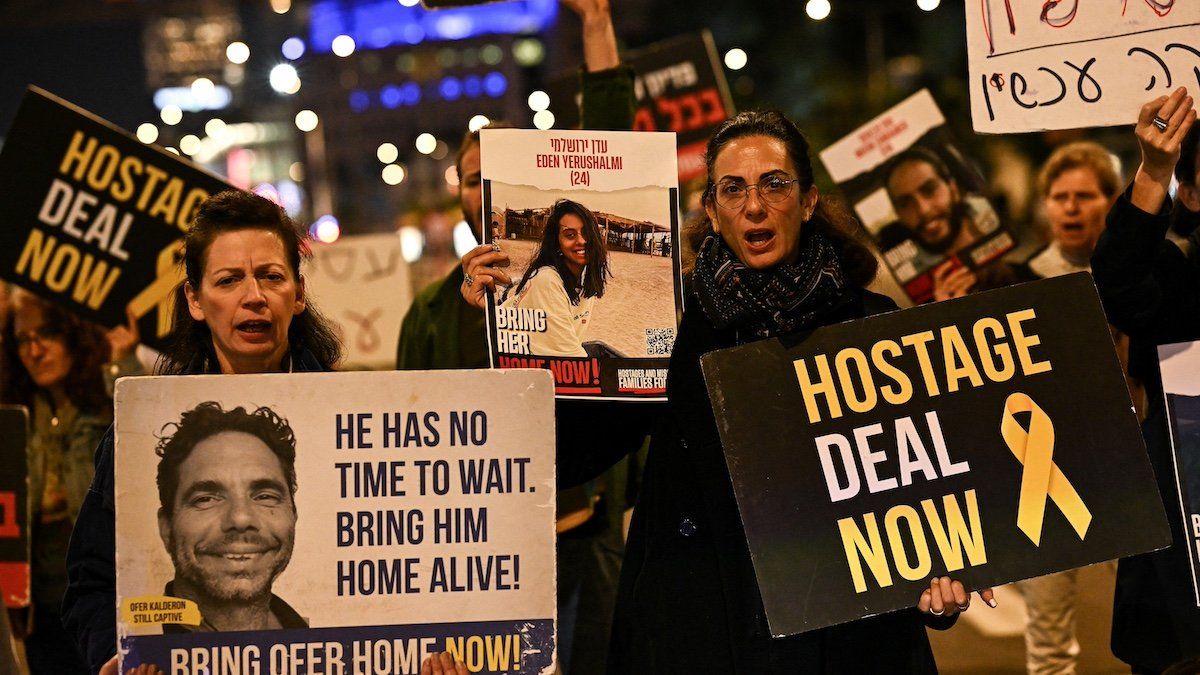Palestinian Authority Prime Minister Mohammed Shtayyeh tendered his resignation to President Mahmoud Abbas on Monday, in a move that could set the stage for Gaza’s future government. Meanwhile, negotiations for a temporary ceasefire in Gaza have resumed in Doha between “experts” from Israel, Egypt, Qatar, and the United States, and representatives of Hamas.
What are the terms?
According to a framework drawn up in Paris on Friday, hostilities would pause for six weeks. Hamas would release approximately 40 hostages, while Israel would free hundreds of Palestinian prisoners. Israeli troops would be “redeployed” within Gaza, but not fully withdraw as Hamas had demanded. Israel would also enable the return of Palestinian women and children to northern Gaza.
The clock is ticking
March 10 marks the start of Ramadan and is considered the unofficial deadline for the talks. War cabinet minister Benny Gantz has said Israel will expand its offensive into Rafah if there is no hostage release deal by then.
Will a deal stave off operations in Rafah?
Not necessarily. Israeli Prime Minister Benjamin Netanyahu says Israel’s incursion into Rafah “will be delayed somewhat” if the parties reach a hostage deal but will still happen. According to White House National Security Adviser Jake Sullivan, however, “the White House hasn't seen any Israeli plan for an operation in Rafah and for keeping Palestinian civilians safe,” and that no action in Rafah should go ahead in its absence.Why did Shtayyeh resign?
Longer term, the United States has been pressuring the PA to clean up its act. Washington envisions a technocratic PA government overseeing post-war Gaza, but with its reputation for corruption and low esteem in the eyes of West Bank residents, a major government overhaul is seen as indispensable.
The Palestinian Authority has not held elections in nearly two decades, with Abbas ruling by presidential decree since the expiration of his nominally four year long term. The last time they attempted to democratically choose leadership, in 2006, Hamas won control of Gaza and pushed the Palestinian Authority out by force within a year. We have our eye on how the PA decides its future leadership, and whether a return to Gaza is even a feasible proposition.



















